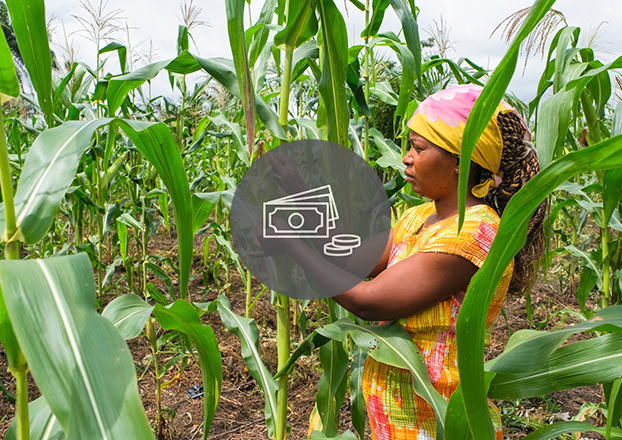There’s plenty of evidence that agroecological practices perform well in specific contexts, and can be as or more productive than conventional agriculture – while regenerating human and environmental health and contributing to social equity. But there’s an urgent need to understand and document which practices work where and for whom – and what motivates people to adopt them. This will facilitate both knowledge and tools to help match agroecological options to different contexts; and global synthesis of evidence on the socio-economic viability of agroecological approaches, which can then drive policy decisions on investment in agroecological transitions.
Progress
There’s considerable potential to scale up agroecological practices to boost productivity in sub-Saharan Africa, but doubts remain about whether such a transition could actually work at wider levels – and add up financially for the smallholders that make the switch. That’s why one of the research priorities of the Agroecology TPP is to document and evaluate the socio-economic viability of agroecological practices across Africa. Twelve case studies have been selected to participate that span the width of the continent from Tunisia to Madagascar. A Common Methodological Protocol, capable of application across this diversity of contexts has been developed by the Methods Group and is being implemented by the case study teams.
To read through the emerging results of the Viability Project, you can consult the latest working paper (‘Agroecological practices are widely used by African farmers’) here.

